Post
A catch
Save a catch to start your fishing logbook. You will be able to to share it with the community if yo want!
A fishing trip
Post an ad to go fishing with other fishermen
Save a catch to start your fishing logbook. You will be able to to share it with the community if yo want!
Post an ad to go fishing with other fishermen
Share a thought, a question with the community
My favorite cities
×Join our 554 fishermen and our 2 cofishermen in Waskerley in Durham. The fishing forecast is currently 3. The most caught fishes here are the bullhead fish, the gwyniad fish, the ide fish and the pumpkinseed fish. Come try the most famous fishing techniques like the tips on material for sea bream throwing, plug fishing for roach, angling - using floats or plug fishing on the shore for sea bream.
Our fishing forecast of Waskerley indicates the best time to go fishing in this city.
The Bullhead fish
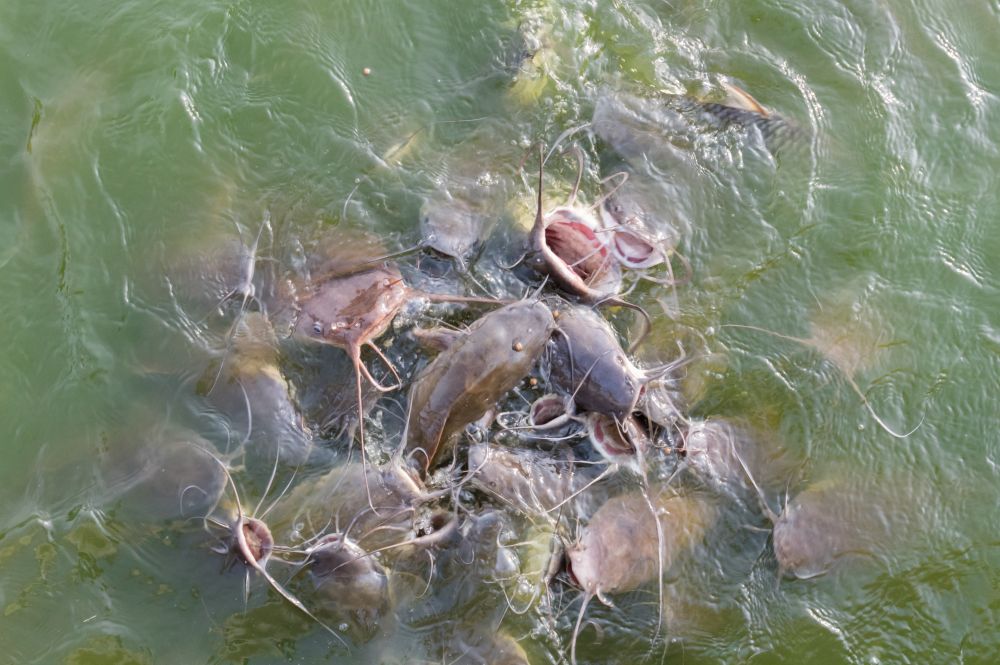
The Bullhead fish belongs to the Ictaluridae family. This species generally measures 15 to 20 cm, but can reach a maximum of 45 cm for a weight of 2 kg. It can live up to 6 years. It breeds in May-June and lays up to 5000 eggs. It can be fished all year. It is a scaleless fish with bare, viscous skin. Its naked body is elongated and has thousands of sensory cells (electro-receptor cells) that are a particular feature of the species. He has a large flattened head, a very wide mouth with large lips and 8 barbels, 6 of which hang, and 2 are located behind the nostrils. Its pectoral fins have sharp spines that are dangerous. Similarly, its first dorsal fin has a sharp sting. It also has a short fat fin (between the dorsal and caudal fins). Its brown back is almost black or greenish brown, its sides lighter, its belly yellowish white.
The Bullhead fish is a famous fish you can catch in Waskerley.The Gwyniad fish
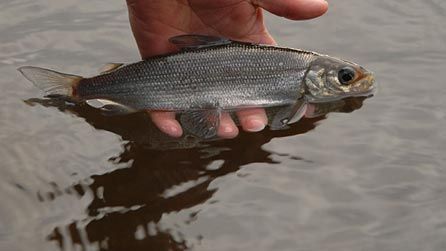
The Gwyniad fish belongs to the Salmonidae family. It is a fairly large species: 40 to 60 cm. It reaches 70 cm for 10 kg in the large lakes of northern Europe. Life expectancy would be about ten years. Its breeding period extends quite widely between 15 November and 31 January with a maximum activity between 10 December and 1 January. The female lays 30,000 eggs per kg of weight. This fish is on the IUCN Red List. Fishing is therefore prohibited. It has the fat fin characteristic of Salmonidae. It has an elongated body, silvery grey, bluish grey, with a more or less brownish back and fairly large scales. The caudal fin is very indented. The mouth is small. Two details that differentiate it from other salmonids. The number of gillospines (here 15 to 70) confirms that they belong to that species. The male has prominent scales on the lateral line, rough to the touch.
The Gwyniad fish is a famous fish you can catch in Waskerley.The Ide fish
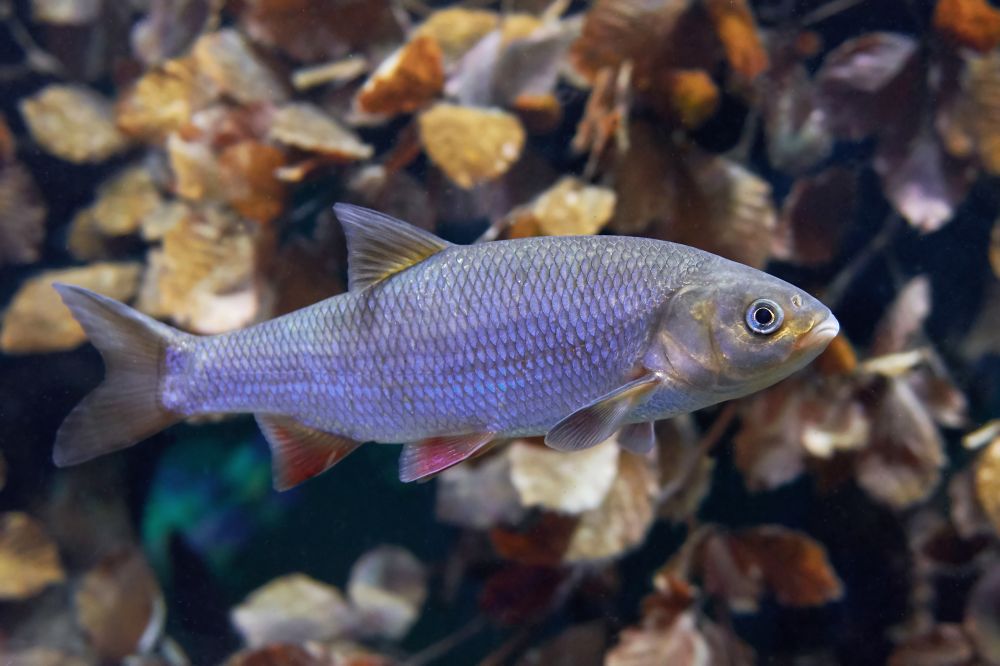
The Ide fish belongs to the Cyprinidae family. Its size is generally between 30 and 50 cm but this fish can reach a maximum length of 80 cm for a weight of 5 kg and an age of nearly 20 years. Spawning takes place from March to April. Females lay between 60,000 and 160,000 eggs. The fishery is open from June to March. The body is long and laterally compressed with a terminal mouth pointing upwards. The head is strong with a small mouth, obtuse snout and yellow eyes. The back is rounded. The anal fin has a concave rear edge. The back and upper part of the head are greyish-green to brown; the yellowish-brown flanks have silvery or golden reflections; the belly is whitish. The fins are dark except for the pelvic, ventral and anal fins which are frankly red. In older and larger specimens, the body color may turn yellow/bronze.
The Ide fish is a famous fish you can catch in Waskerley.The Pumpkinseed fish
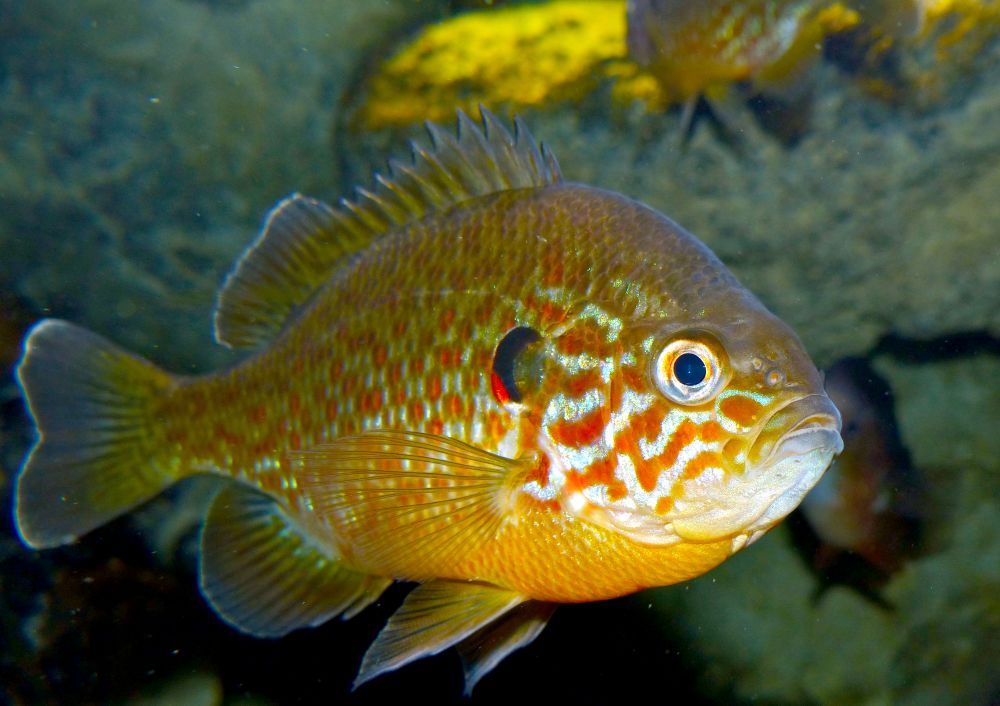
The Pumpkinseed fish belongs to the Centrarchidae family. It is a migratory fish that can reach a weight of 40 g to 50 g for a length of 20 cm. But the largest specimens can reach a weight ranging from 3 kg to 4 kg for a maximum size of 40cm. The life span of the sun perch is 8 to 10 years. Breeding takes place in the months of May to August. A female can lay between 1500 and 3000 eggs. It is fished all year round, but the best times are in spring and autumn. Its high body is very flat laterally. Its mouth is terminal, small and slightly oblique. The caudal fin is slightly forked. The two dorsal fins are united, giving the impression of being one. The pectoral muscles are long and pointed. The anal fin has 3 sharp spines. The coloring is brilliant with green and blue touches on the back and rust colored spots on the flank. The cheeks are crossed by bright blue lines, particularly marked in males. The operculum is wide and has a black spot bordered by a scarlet red spot in the male, which may be absent or less marked in the female. The male is larger and more colorful than the female.
The Pumpkinseed fish is a famous fish you can catch in Waskerley.The Tench fish
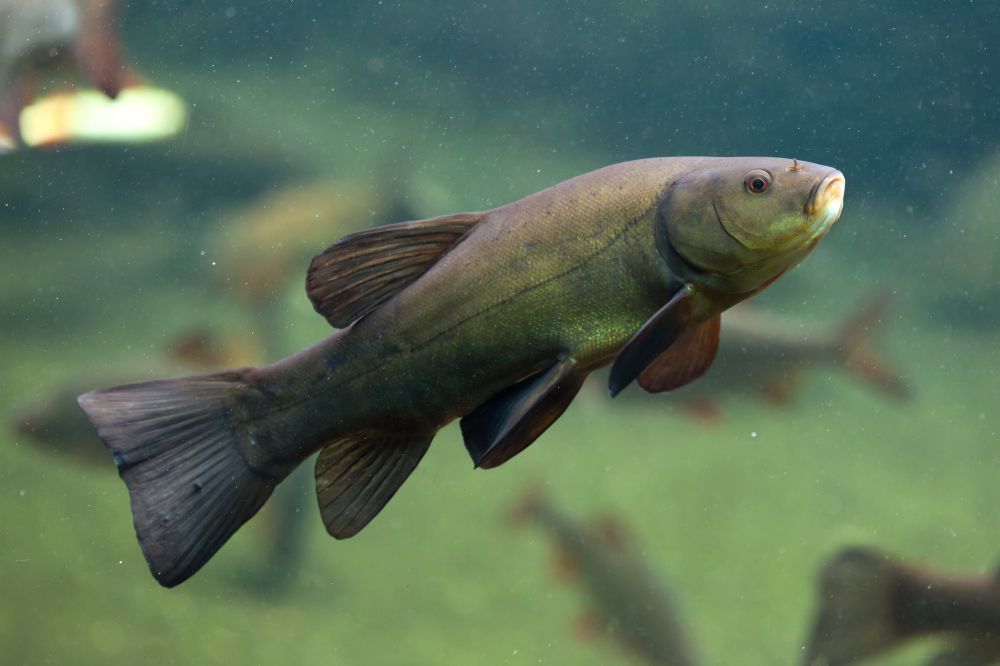
The Tench fish belongs to the Cyprinidae family. It rarely exceeds a length of 50 cm for a weight of 2 kg (maximum 70 cm for 8 kg). He can live up to 15 years. It breeds from May to August. Fertility is 300,000 to 800,000 eggs. It can be fished all year round. The Tench is a fish with a stocky body and compressed laterally. Its head is triangular with a small red-orange eye and a relatively long snout. Its mouth is terminal, small with thick lips and a well-developed barbell at each corner. Its characteristic caudal pedicle is rounded and short. Its skin is thick and viscous. Its scales are very small and covered with a thick layer of mucus. All fins are rounded. The caudal fin has 19 rays. The overall coloring is olive green (sometimes dark green or even almost black) with golden reflections on the ventral side. From the age of two years, males can be distinguished from females: they have ventral fins that reach the anus and the second ray of these fins becomes stronger than the others. It is a groundfish, rather shy, that can be found in small groups of maximum 4 individuals.
The Tench fish is a famous fish you can catch in Waskerley.Our fishing forecast of Waskerley indicates the best time to go fishing in this city.
Our fishing forecast of Waskerley indicates the best time to go fishing in this city.
Our fishing forecast of Waskerley indicates the best time to go fishing in this city.
